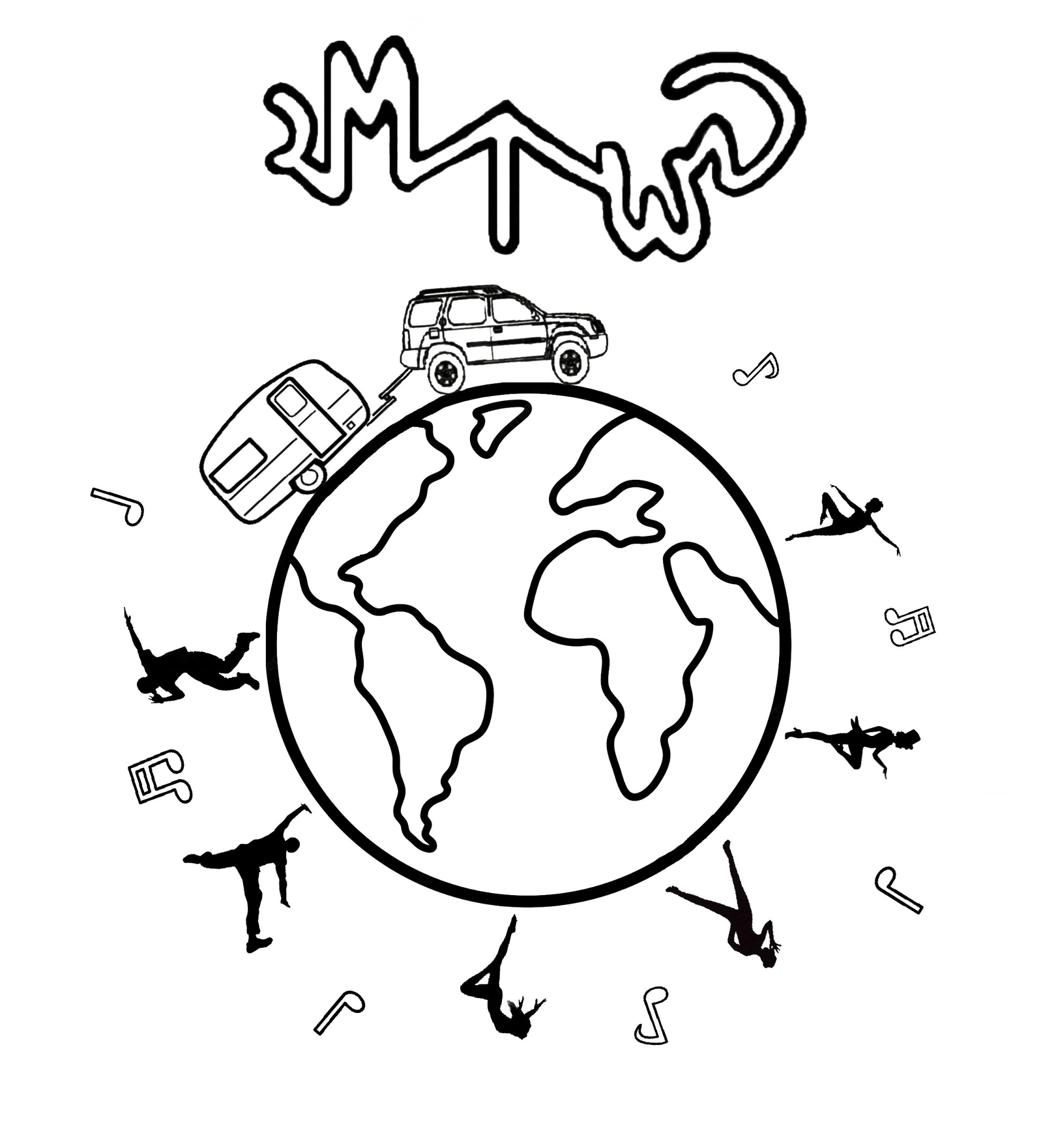
DANCE MOVEMENT THERAPY
DMT aka movement psychotherapy;
- Uses the body’s movements to maintain and improve intellectual, motor and emotional abilities
- Has positive impact on children’s cognitive development
- Based on the conception that movement is a language; the mind, body and spirit are interconnected.
- Therapists can evaluate movements, contributing to the treatment of mental health problems
DANCE BOOSTS MEMORY
- Resulted in a 76% reduced risk of dementia among patients
- Improves cerebral health and spatial memory
- Preserves motor, cognitive, and perceptual abilities into old age
DANCE EFFECTS ON THE BRAIN
- Stimulates nerve growth factors (the proteins important for maintaining sensory neuron health)
- Boosts connectivity between both sides of the brain
- Long term dance practice positively affects brain activity
- Improves neuroplasticity (the brains ability to form new neural connections to change and adapt)
- Can intervene for many neurological diseases (stroke, Parkinson’s disease, and cerebral palsy)

The science behind music/dance for medical treatments is gaining more traction everyday. Interested in more? Click the links below or google music/dance and health as there are so many more studies out there!
Home (adta.org) Dance / Movement Therapy (goodtherapy.org) Dance and movement therapy: Benefits, how it works, and more (medicalnewstoday.com) Dance Therapy: 4 Best Techniques for Healing With Rhythm (positivepsychology.com) Dance Therapy | Psychology Today
